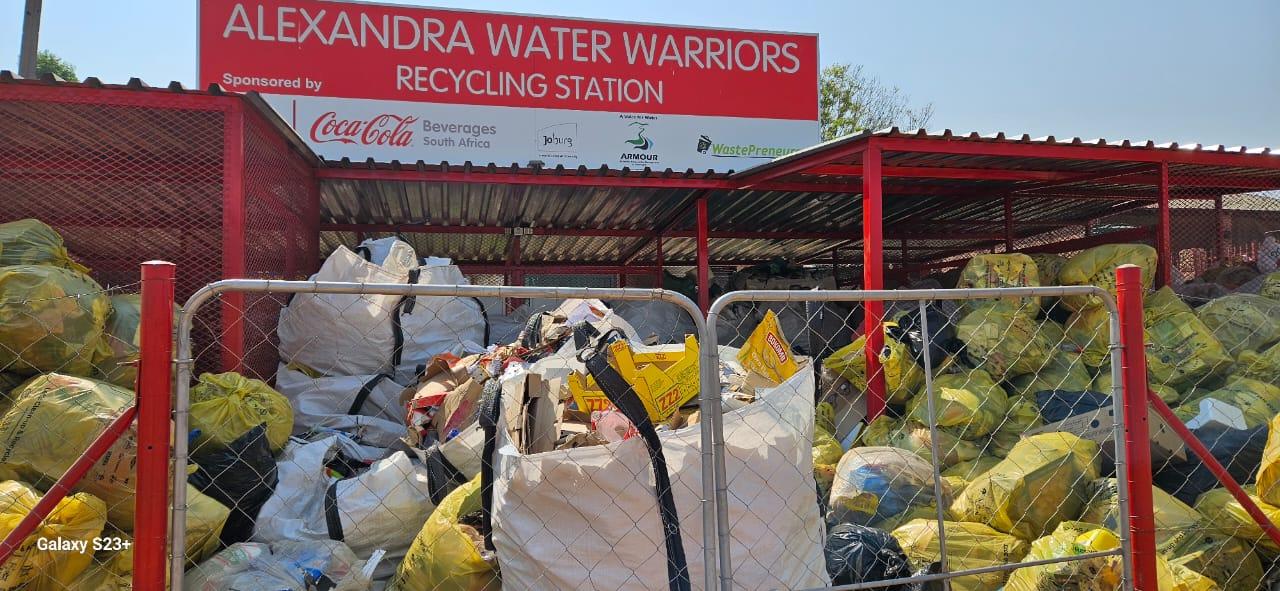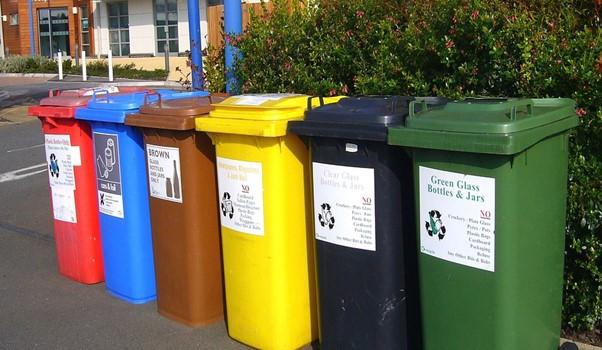The Power of Community: Building Successful Neighbourhood Recycling Programs
In 2002, two American psychologists studied a group of undergraduate students on a quest to find the secret ingredient for happiness. The now famous study entitled Very Happy People discovered one thing that all happy people have in common: community.
Having a sense of community means feeling like you belong. It gives you a support system and helps you build rich relationships with others. While there are many different ways to connect with your community, according to Positive Psychology theory, doing meaningful work together might be the most effective.
What is a Community-Based Recycling Program?
One winning example of meaningful work is a community-based recycling program. It’s an initiative run by community residents to encourage recycling in the neighbourhood. The nature of the program will change depending on the community.
For example, a recycling program in an affluent area may donate the proceeds to charity, while an underprivileged suburb might recycle to raise money for families in need. Importantly, community-based recycling programs should always meet the needs of the community members.
The Benefits of Recycling Together
We’ve already touched on the mental health benefits of working together on a meaningful project like neighbourhood recycling. In communities with a high unemployment rate, the impact may be even greater. Running a recycling project not only gives unemployed people something to do but helps them generate an income.
Recycling also helps to keep the streets clean, giving the neighbourhood an instant facelift. Living in a litter-free area makes walking more pleasant and can help residents cultivate a sense of pride in their surroundings. The materials collected for recycling will eventually be made into something new, contributing to our economy instead of filling up our landfills.
Successful Community-Based Recycling Programs in South Africa
Alex Water Warriors

Alexandra Water Warriors (AWW) is a dedicated team of volunteers from the Alexandra township in Johannesburg. It started as a small group of concerned residents who wanted to clean up the Jukskei River that runs through the community and has since grown into a mighty NPO 1500 people strong.
Through various public and private partnerships, the Alex Water Warriors have built sophisticated litter traps in the river to collect rubbish as it floats downstream. They also run public clean-up days and raise awareness about recycling and water pollution in the community.
Community members can take the rubbish they collect from the riverbanks to recycling stations placed strategically across the township. AWW also recently acquired an e-waste recycling station (donated by eWASA) to help people recycle hazardous waste safely.
ReChas
In September 2023, RLabs, an award-winning NPO based in Cape Town, started the Recycling Champions Project (ReCha for short) in Mitchell’s Plain. Local resident Zach Thomas leads the project from a community centre in the township. Here, people can get the training and support they need to become “ReChas”.
The ReChas turn their homes into collection points for recyclable materials. Community members, waste pickers, and even school children can bring recycling to the ReChas, get it weighed, and receive cash in return. This initiative helps keep the streets of Mitchell’s Plain clean while generating an income for unemployed individuals in the community.
Last year, the ReChas project won UNICEF’s Sustainability Innovation Challenge. The R200 000 prize will go towards buying an additional vehicle to transport recycling to third-party recyclers. RLabs also hopes to grow the ReChas network, eventually opening a recycling facility of its own.
How To Set Up a Recycling Program in Your Community
ReChas and AWW are just two of the many community-based recycling programs in South Africa. There are hundreds of smaller projects operating across the country, each making a difference in its own way. Starting one in your neighbourhood can help your community form stronger bonds, earn some extra cash, and do something for the environment.
To get started, consider people’s existing recycling habits in your area. Talk to your neighbours to find out who would be interested in recycling, who already recycles, and how to make recycling easier and more appealing to the community.
Here are some topics to discuss with the community:
What will happen to the money we raise from recycling? You could work directly with buy-back centres and transfer the money to a community fund or donate it to a local charity. Alternatively, you could give your recycling to waste pickers to support their businesses.
How will we transport and store recyclables? You might set up drop-off points at community members’ houses or provide bags to help residents collect their own recycling. You may need a bakkie to transport the recyclables if you’re working with a buy-back centre.
How can we encourage people to get involved? Consider what will make recycling attractive to your community. You might distribute flyers, share success stories on neighbourhood groups, run drop-off days or competitions, etc.
Do we need external funding? Decide whether the community can afford to fund awareness campaigns and logistics or whether you need additional sponsors. You might appeal to local businesses by highlighting the benefits of supporting your project.
How will we monitor the project’s success? Decide on some metrics to track, such as the number of items recycled, prevalence of litter in the streets, or amount of money raised. These metrics help you compare the situation in your community before and after you started recycling to keep people motivated and help you achieve your goals.
Partner With eWASA for Recycling Support
Running a community-based recycling program doesn’t have to be complicated – start small and grow as you go! Once your project is up and running, you can always reach out to eWASA for extra support. We are a registered PRO that helps businesses, schools, community organisations, and others participate in the circular economy.
Become a member to join our national recycling network. Membership gives you access to training, events, marketing, and more for your project – feel free to get in touch for more information.
SOURCES:
https://alexandrawaterwarriors.org.za/
https://www.unicef.org/southafrica/stories/waste-livelihoods-rechas-take-recycling-next-level


